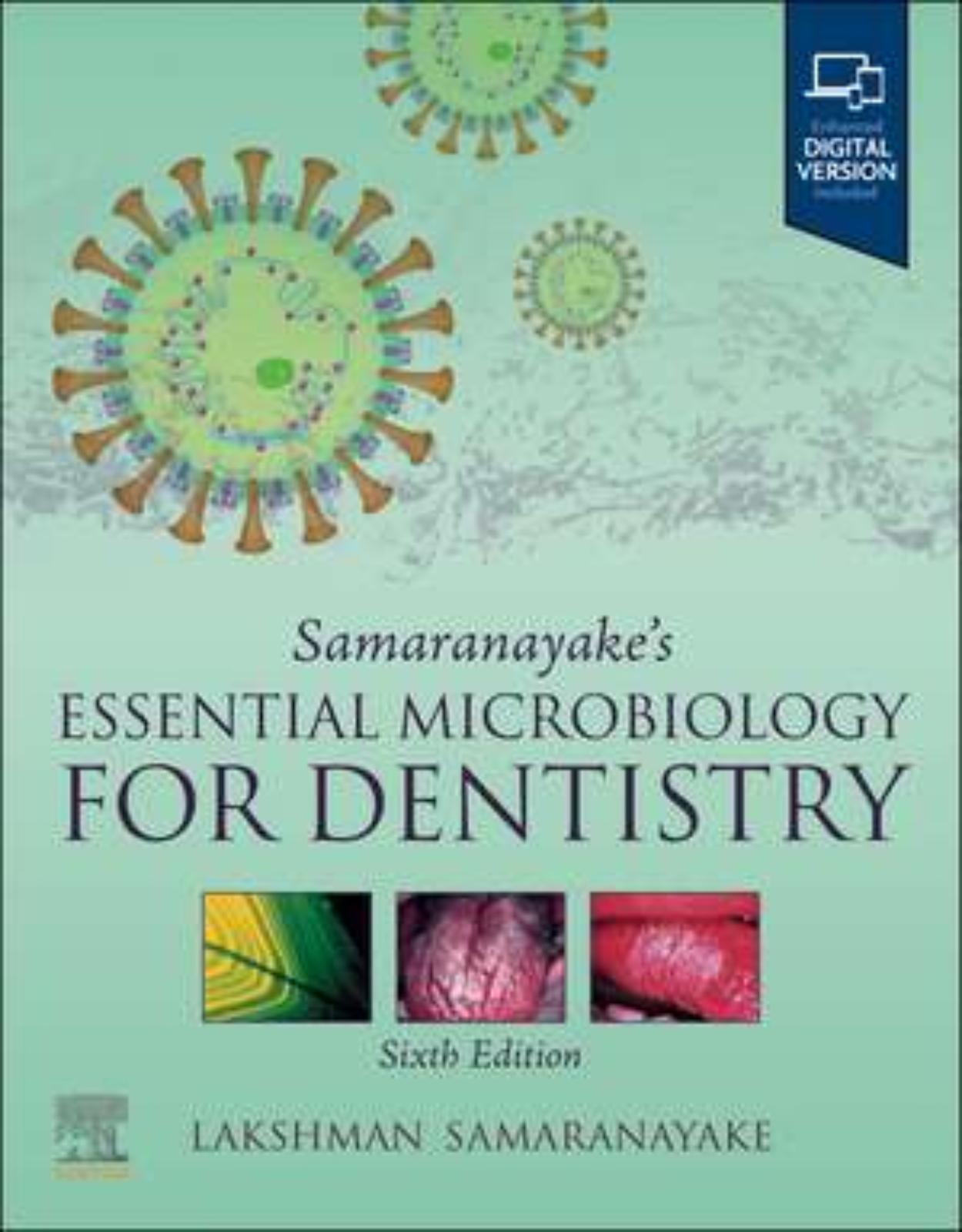
Samaranayake’s Essential Microbiology for Dentistry
Livrare gratis la comenzi peste 500 RON. Pentru celelalte comenzi livrarea este 20 RON.
Disponibilitate: La comanda in aproximativ 4-6 saptamani
Autor: Lakshman Samaranayake
Editura: Elsevier
Limba: Engleza
Nr. pagini: 424
Coperta: Paperback
Dimensiuni: 216 x 276 mm
An aparitie: 16 apr 2024
A sound knowledge of microbiology is essential for all dental professionals – it’s the key to understanding major oral pathologies, from tooth decay to gum disease, as well as the regimentation of infection control in a successful dental practice. Samaranayake’s Essential Microbiology for Dentistry once again, provides a comprehensive coverage of the basics of clinical oral microbiology and immunology and their relevance to oral disease, as well as the cotemporary discoveries of the oral microbiome, and the constituent flora. Both the novice student, as well as the experienced professionals are guided, in a stepwise manner, through a tour of the microbial world and how they impact oral health. The reasoned, bare bones approach to the essential elements of the subject is, as in previous editions fresh, lucid and logical. The sixth edition of this popular book, now translated into four different languages, has been fully revised and reformatted and includes brand new sections on emerging topics such as COVID-19 and infection control.
Latest evidence throughout, updated to incorporate discoveries appertaining to the oral microbiome, and the international guidelines on infection control.
Ample artwork and clinical pictures to explain complex structures, intricate pathological processes, and disease management principles.
Friendly accessible writing style that helps students better understand and retain key information.
Self-assessment tasks to monitor progress and prepare for graduate and postgraduate examinations
Easy to follow - highlighted important information, and helpful summaries of key facts.
A comprehensive glossary and a list of abbreviations
Definitions and descriptors of the oralome, the oral microbiome and oral microbiota - revealed by novel, next-generation sequencing technologies
SARS-CoV-2 infection, the COVID-19 pandemic, and its impact on dentistry
MPox and other emerging viral infections and oral manifestations
Oral mycobiome and emerging and re-emerging oral fungal diseases
Oral microbiota, the oral-systemic axis and systemic health
Antimicrobial resistance (AMR) and its mitigation by good antimicrobial prescribing
The recently proclaimed `One health` concept basics
A guide to new vaccines and immunisation protocols
Extended and fully updated sections on infection control
Table of Contents:
Online Study for Students
1 Why Study Microbiology?
A Note on Emerging and Re-emerging Infections
About This Book
Further Reading
Part 1 General microbiology
2 Bacterial Structure and Taxonomy
Eukaryotes and Prokaryotes
Morphology
Taxonomy
Review Questions (Answers on p. 388)
Further Reading
3 Bacterial Physiology and Genetics
Bacterial Physiology
Bacterial Genetics
Recombinant DNA Technology in Microbiology
The Era of ‘-omics’
Review Questions (answers on p. 388)
Further Reading
4 Viruses and Prions
Structure
Taxonomy
Viral Replication
Pathogenesis of Viral Infections
Cellular Antiviral Response
Prions and Prion Diseases
Review Questions (answers on p. 388)
Further Reading
5 Pathogenesis of Microbial Disease
General Aspects of Infection
Pathogenesis of Bacterial Disease
Pathogenesis of Viral Disease
Pathogenesis of Fungal Disease
Koch’s Postulates
Review Questions (Answers on p. 388)
Further Reading
6 Diagnostic Microbiology and Laboratory Methods
Diagnostic Microbiology
Laboratory Methods
Bacterial Identification
Immunological Methods
Laboratory Investigations Related to Antimicrobial Therapy
Appropriate Specimens in Medical Microbiology
Laboratory Isolation and Identification of Viruses
Diagnosis of Fungal Infections
Review Questions (Answers on p. 388)
Further Reading
7 Antimicrobial Chemotherapy
Bacteriostatic and Bactericidal Antimicrobial Agents
Principles of Antimicrobial Therapy
Pharmacodynamics of Antimicrobials
Failure of Antimicrobial Therapy
Antimicrobials Commonly Used in Dentistry
Antibacterial Agents
Antifungal Agents
Antiviral Agents
Review Questions (Answers on p. 388)
Further Reading
Part 2 Basic immunology
8 The Immune System and the Oral Cavity
The Immune System: General Considerations
The Innate Immune System
The Adaptive Immune System
Cells of the Immune System
Oral Defence Mechanisms
Innate Immune Mechanisms
The Oral Mucosal Epithelium
Adaptive Immunity in Oral Health and Disease
Review Questions (Answers on p. 388)
Further Reading
9 The Immune Response
Antibodies
Cytokines
B Cell Activation
Antigen Processing and Presentation
T-Helper Subsets
Target Cell Killing
Activation of Macrophages
Regulation of the Immune Response
Immunological Memory
Review Questions (Answers on p. 389)
Further Reading
10 Immunity and Infection
Immunity to Bacteria
Immunity to Viruses
Immunity to Parasites
Immunity to Fungi
Vaccination
‘-omics’ Developments Impacting Oral Immunology
Review Questions (Answers on p. 389)
Further Reading
Part 3 Microbes of relevance to dentistry
11 Streptococci, Staphylococciand Enterococci
Streptococci
Staphylococci
Enterococci
Micrococci
Review Questions (Answers on p. 389)
Further Reading
12 Lactobacilli, Corynebacteria and Propionibacteria
Lactobacilli
Corynebacteria
Propionibacteria
Review Questions (Answers on p. 389)
Further Reading
13 Actinomycetes, Clostridia and Bacillus Species
Actinomycetes
Nocardia
Clostridia
Bacillus
Review Questions (Answers on p. 389)
Further Reading
14 Neisseriaceae, Veillonella, Parvobacteria and Capnocytophaga
Neisseriaceae
Veillonella
Parvobacteria
Haemophilus Species
Bordetella
Review Questions (Answers on p. 389)
Further Reading
15 Enterobacteria
General Characteristics of Enterobacteria
Eschericheae
Salmonellae
Shigellae
Klebsielleae
Pseudomonads
Review Questions (Answers on p. 389)
Further Reading
16 Vibrios, Campylobacters and Wolinella
Vibrios
Campylobacters
Wolinella
Review Questions (Answers on p. 390)
Further Reading
17 Bacteroides, Tannerella, Porphyromonas and Prevotella
Bacteroides
Tannerella
Porphyromonas
Prevotella
Review Questions (Answers on p. 390)
Further Reading
18 Fusobacteria, Leptotrichia and Spirochaetes
Fusobacteria
Leptotrichia
Spirochaetes
Treponema
Borrelia
Leptospira
Review Questions (Answers on p. 390)
Further Reading
19 Mycobacteria and Legionellae
Mycobacteria
Legionella
Further Reading
Review Questions (Answers on p. 390)
20 Chlamydiae, Rickettsiae and Mycoplasmas
Chlamydiae
Rickettsiae
Mycoplasmas
Further Reading
Review Questions (Answers on p. 390)
21 Viruses of Relevance to Dentistry
DNA Viruses
RNA Viruses
Viruses and Cancer
Further Reading
Review Questions (Answers on p. 390)
22 Fungi of Relevance to Dentistry
Morphology
Reproduction
Classification
Cultural Requirements
Pathogenicity
Human Mycoses
Yeasts
Filamentous and Dimorphic Fungi and Oral Disease
Review Questions (Answers on p. 390)
Further Reading
Part 4 Systemic Infections of relevance to dentistry
23 Infections of the Respiratory Tract
Normal Flora
Important Pathogens of the Respiratory Tract
Infections of the Upper Respiratory Tract
Infections of the Paranasal Sinuses and the Middle Ear
Infections of the Trachea and Bronchi
Lung Infections
Severe Acute Respiratory Syndrome (SARS) and Coronavirus Disease 2019 (COVID-19)
Fungal Infections of the Lower Respiratory Tract
Respiratory Infections and Dentistry
Review Questions (Answers on p. 390)
Further Reading
24 Infections of the Cardiovascular System
Bacteraemia, Septicaemia and Sepsis Syndrome
Infections of the Heart
British and US Guidelines on Prophylaxis Against Infective Endocarditis in Patients Undergoing Interventional Procedures
Dental Procedures That Need Antibiotic Prophylaxis
Review Questions (Answers on p. 390)
Further Reading
25 Infections of the Central Nervous and Locomotor Systems
Infections of the Central Nervous System
Infections of the Locomotor System
Arthroplasties and Antibiotic Prophylaxis for Dental Procedures
Review Questions (Answers on p. 391)
Further Reading
26 Infections of the Gastrointestinal Tract
Normal Flora
Common Diarrhoeal Diseases
Less Common and Uncommon Diarrhoeal Diseases
Nonbacterial Causes of Diarrhoea
Review Questions (Answers on p. 391)
Further Reading
27 Infections of the Genitourinary Tract
Normal Flora and the Natural Defences of the Genitourinary Tract
Sexually Transmitted Infections
Urinary Tract Infections
Dentistry and Genitourinary Infections
Review Questions (Answers on p. 391)
Further Reading
28 Skin and Wound Infections
Normal Flora
Skin Infections
Wound Infections
Review Questions (Answers on p. 391)
Further Reading
29 Viral Hepatitis
Signs and Symptoms of Hepatitis
Hepatitis A
Hepatitis B
Hepatitis C
Hepatitis D (Delta Hepatitis)
Hepatitis E
Hepatitis Viruses of Unclear Pathogenicity
Review Questions (Answers on p. 391)
Further Reading
30 Human Immunodeficiency Virus Infection, AIDS and Infections in Compromised Patients
Human Immunodeficiency Virus Infection and Acquired Immune Deficiency Syndrome
Human Immunodeficiency Virus
Acquired Immune Deficiency Syndrome
Prevention of HIV Infection
Infections in Compromised Patients
Xerostomia and Infection
Review Questions (Answers on p. 391)
Further Reading
Part 5 Oral microbiota and oral infections
31 Oral Microbiota and the Oralome
Oral Microbiome and the Oral Microbiota
Oral Microbiota
Oral Bacteriome
Oral Mycobiome
Oral Virome
Oral Phageome
Oral Archaeome
Oral Protozome
The Oral Ecosystem
The Plaque Biofilm
Review Questions (Answers on p. 391)
Further Reading
32 Microbiology of Dental Caries
Epidemiology
Classifications
Diagnosis
Aetiology
Management of Dental Caries
Review Questions (Answers on p. 392)
Further Reading
33 Microbiology of Periodontal Disease
The Periodontium
Classification of Periodontal Disease
The Progression From Gingivitis to Periodontitis
Relationship Between Chronic Marginal Gingivitis and Periodontitis
Acute Necrotizing Ulcerative Gingivitis (ANUG)
Pericoronitis
Peri-implant Microbiology
Clinical Implications of Microbiological Tests in Periodontal Disease
Review Questions (Answers on p. 392)
Further Reading
34 Dentoalveolar and Endodontic Infections
Natural History of Dentoalveolar Infections
Source of Microorganisms
Apical Dentoalveolar Abscess
Ludwig’s Angina
Pericoronitis (See Chapter 33.)
Periodontal Abscess
Suppurative Osteomyelitisof the Jaws
Cervicofacial Actinomycosis
Facial Lacerations
Endodontic Infections
Review Questions (answers on p. 392)
Further Reading
35 Oral Mucosal and Salivary Gland Infections
Oral Mucosal Infections
Oral Manifestations of Systemic Mycoses
Oral Viral Infections
Oral Manifestations of Bacterial Infections
Salivary Gland Infections
Review Questions (Answers on p. 392)
Further Reading
Part 6 Cross-infection and control
36 General Principles of Infection Control, Standard Precautions and Transmission-Based Precautions
General Principles of Infection Control
Routes of Infection
Standard Infection Control Precautions
Review Questions (Answers on p. 392)
Further Reading
37 Standard Infection Control Procedures in Dentistry Part I: Personal Protection, Sharps Injuries Protocol and Immunization
Practice Management and Staff Development
Infection Control: Specific Practical Features
Review Questions (Answers on p. 392)
Further Reading
38 Standard Infection Control Procedures in Dentistry Part II: Sterilization, Disinfection and Antisepsis, with a Summary of Transmission-Based Infection Control Procedures
Sterilization, Disinfection and Antisepsis
Decontamination
Decontamination of Instruments
Sterilization
Disinfection
Step 1
Step 2
Environmental Disinfection
Dental Unit Water Lines: Disinfection and Management
Recommendations on Care of Handpieces and Other Devices Attached to Air and Water Lines
Dental Radiology
Laboratory Asepsis
Office/Surgery Design and Maintenance
Instrument Recirculation and Office Design
Disposal of Clinical Waste
Transmission-Based Precautions
Contact Precautions: For Ambulatory Clinic Settings
Droplet Precautions: For Ambulatory Clinic Settings
Airborne Precautions: For Ambulatory Clinic Settings
Review Questions (Answers on p. 392)
Further Reading
Answers to Review Questions
Glossary of Terms and Abbreviations
Index
| An aparitie | 16 apr 2024 |
| Autor | Lakshman Samaranayake |
| Dimensiuni | 216 x 276 mm |
| Editura | Elsevier |
| Format | Paperback |
| ISBN | 9780443117213 |
| Limba | Engleza |
| Nr pag | 424 |

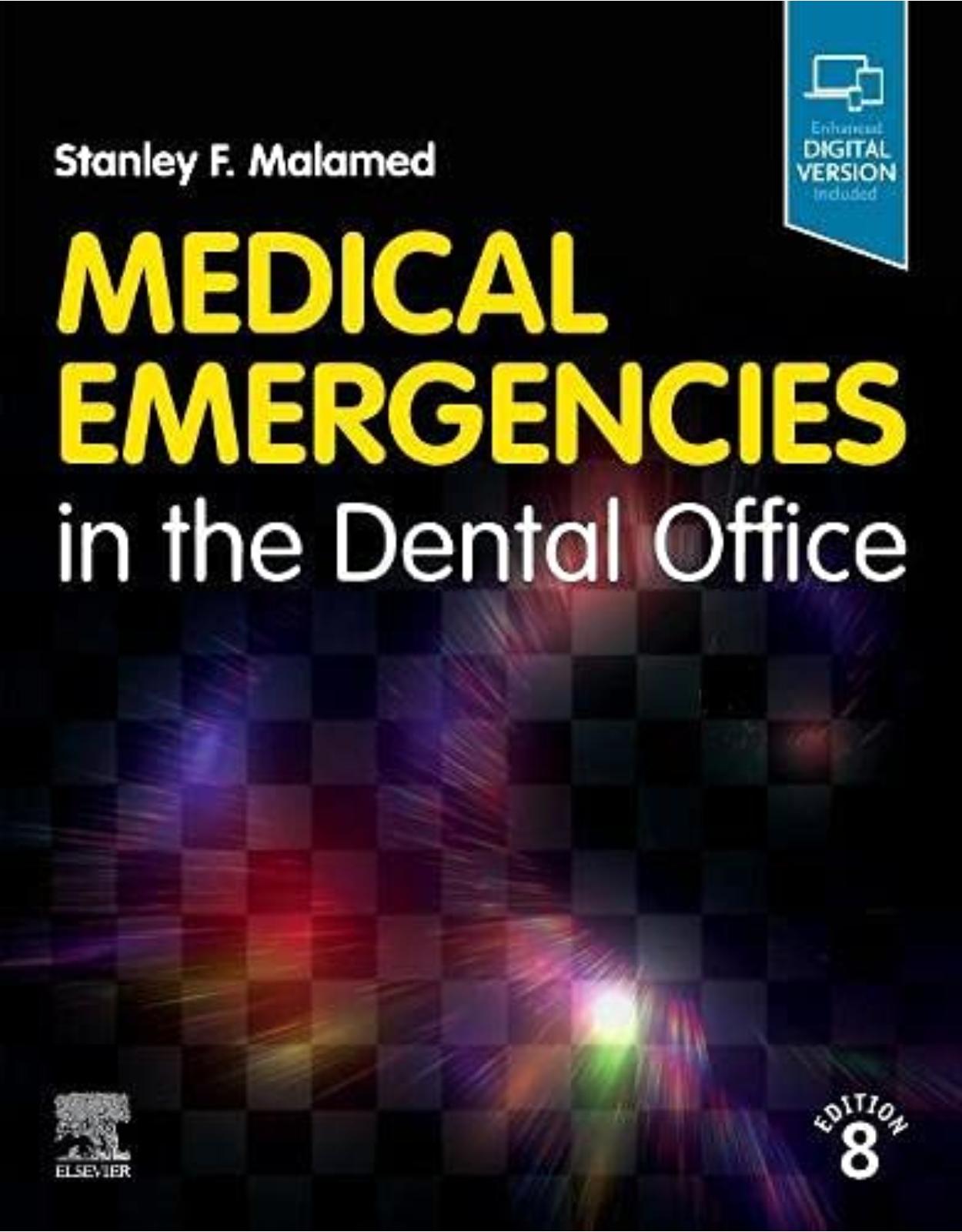
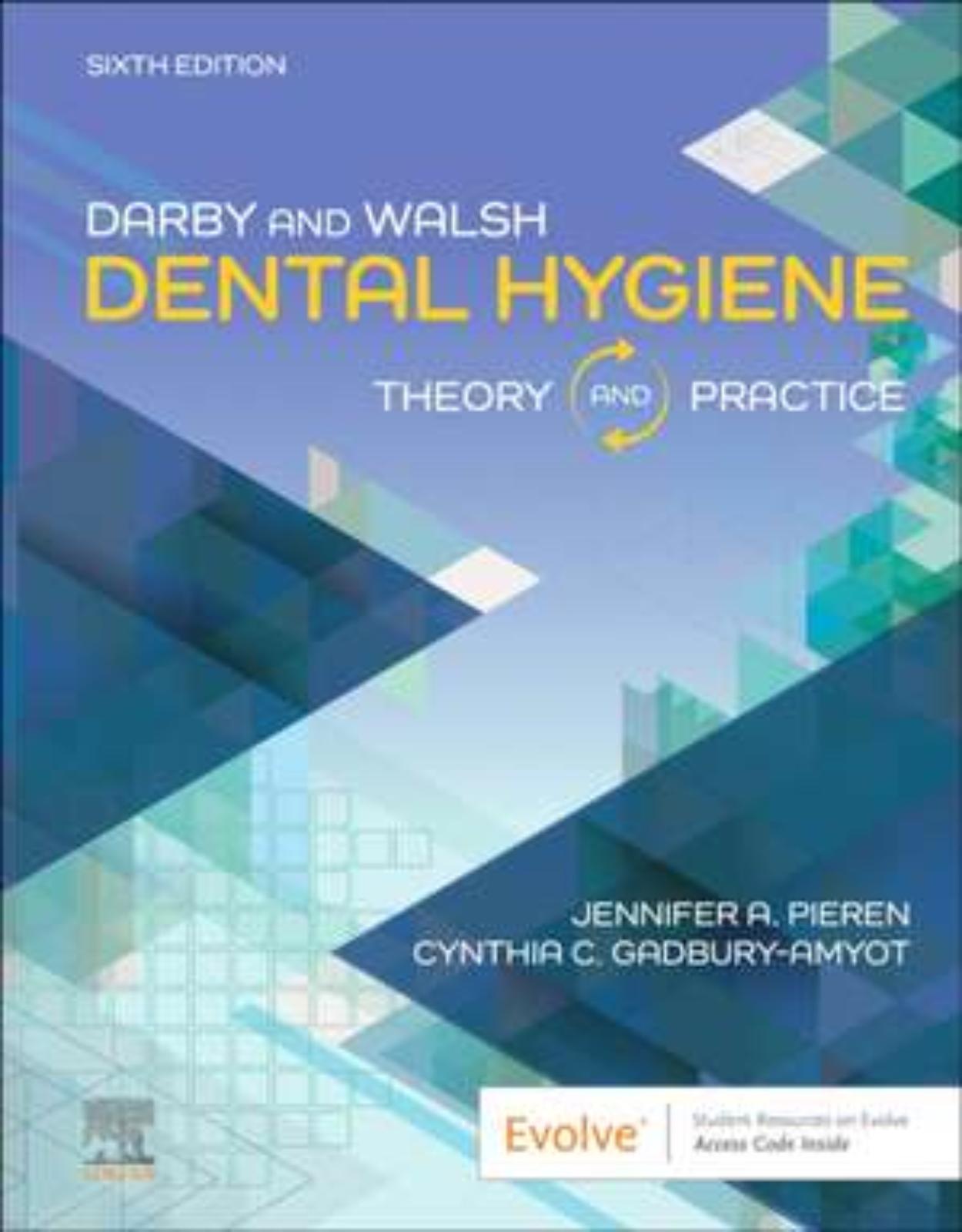
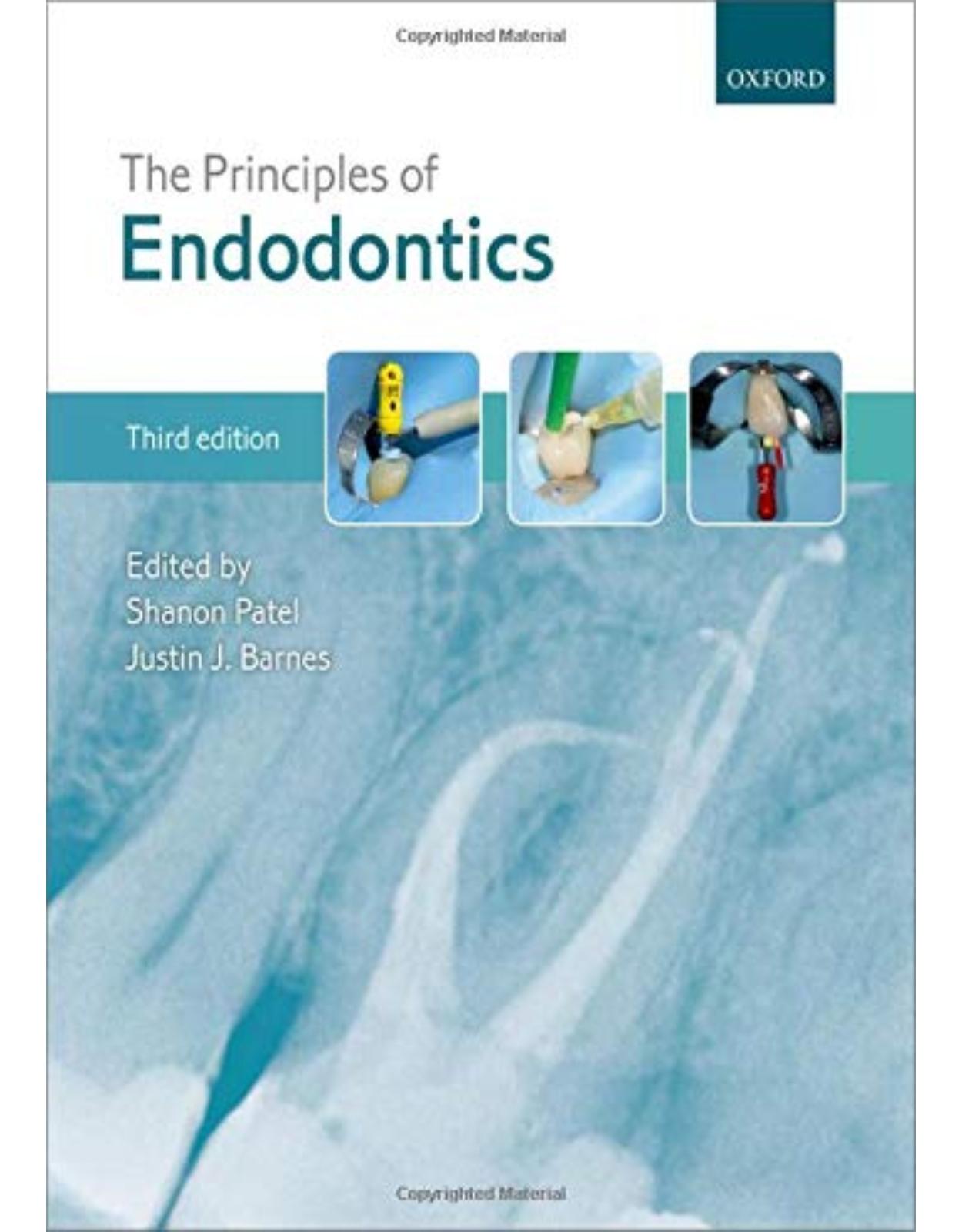

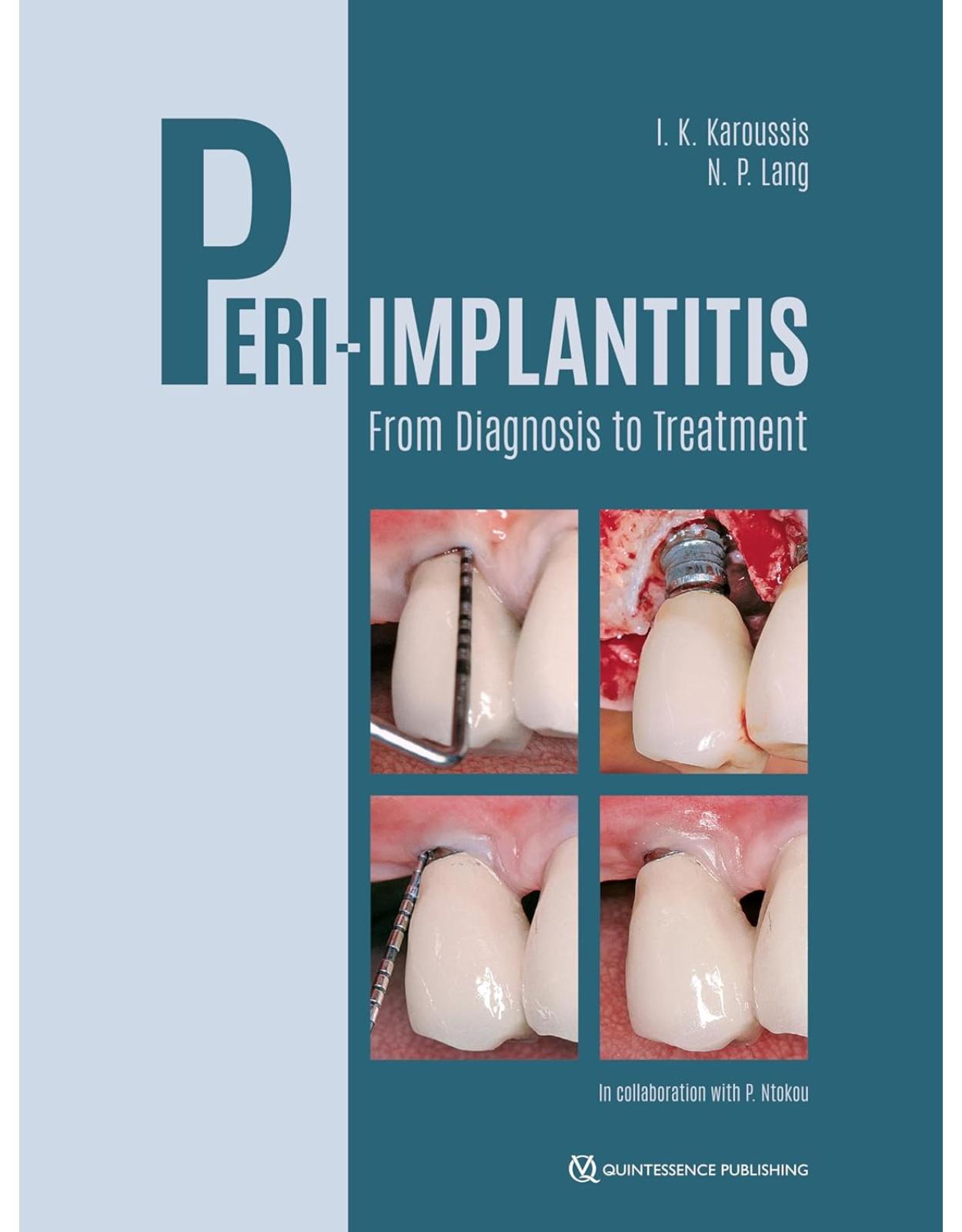
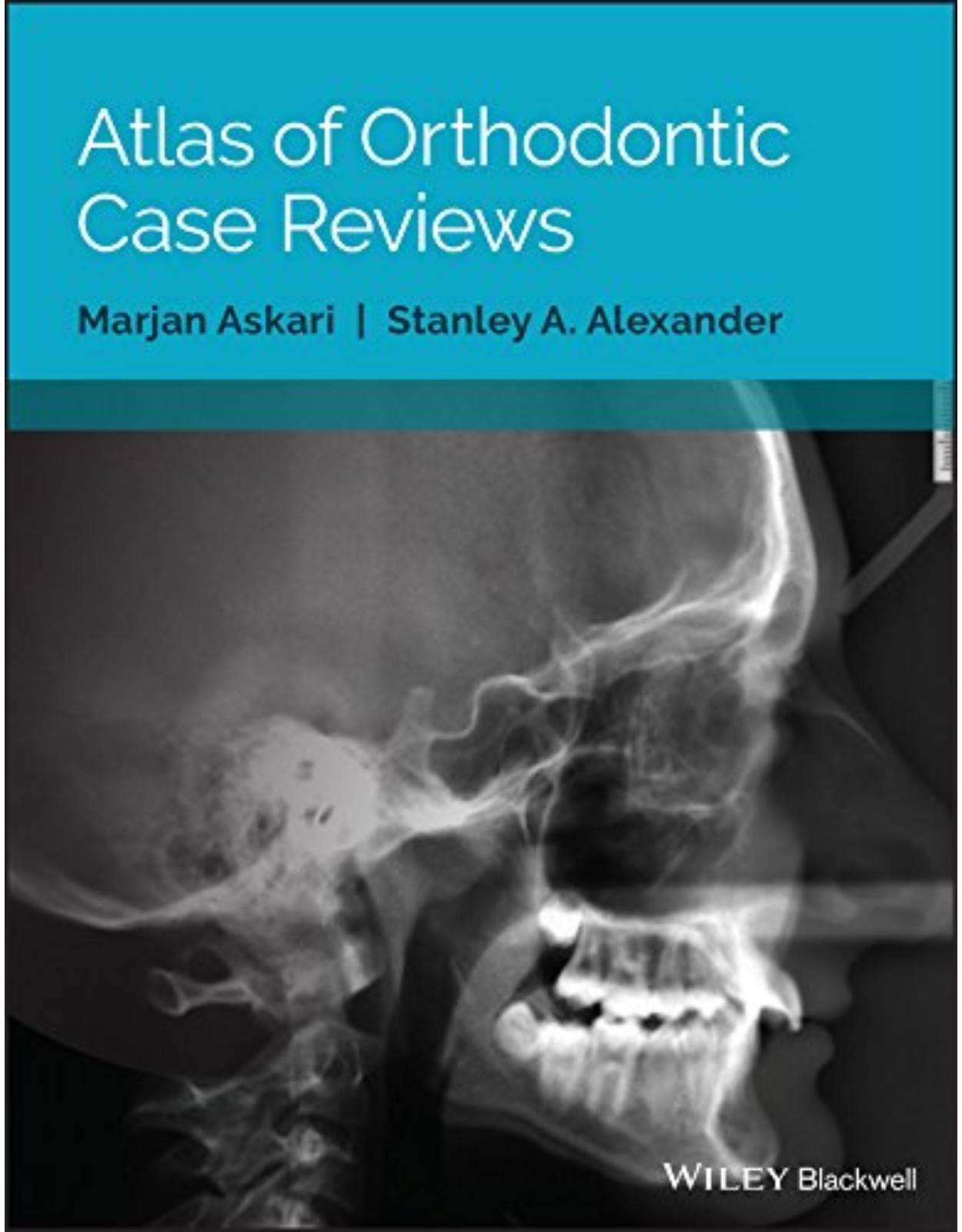
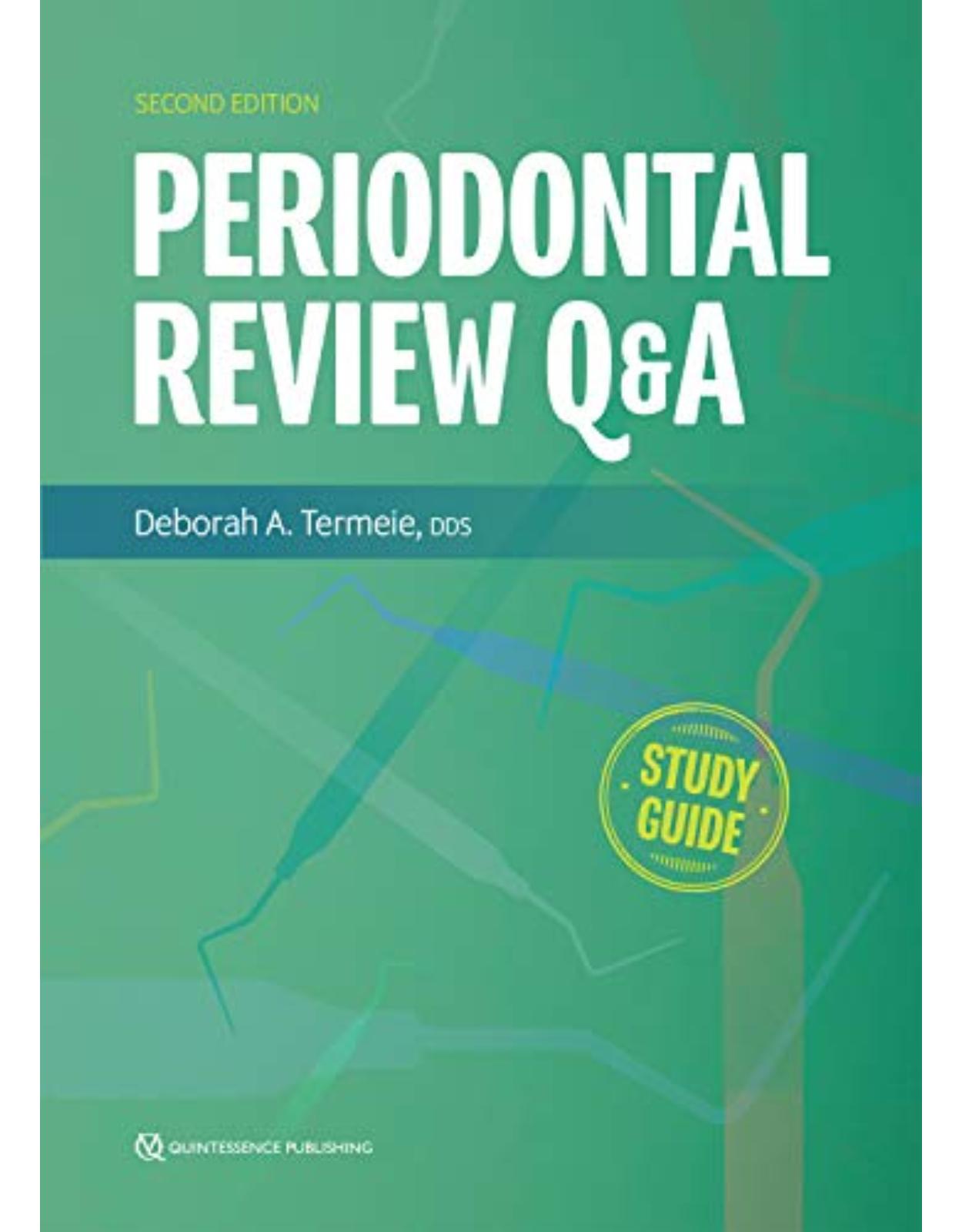
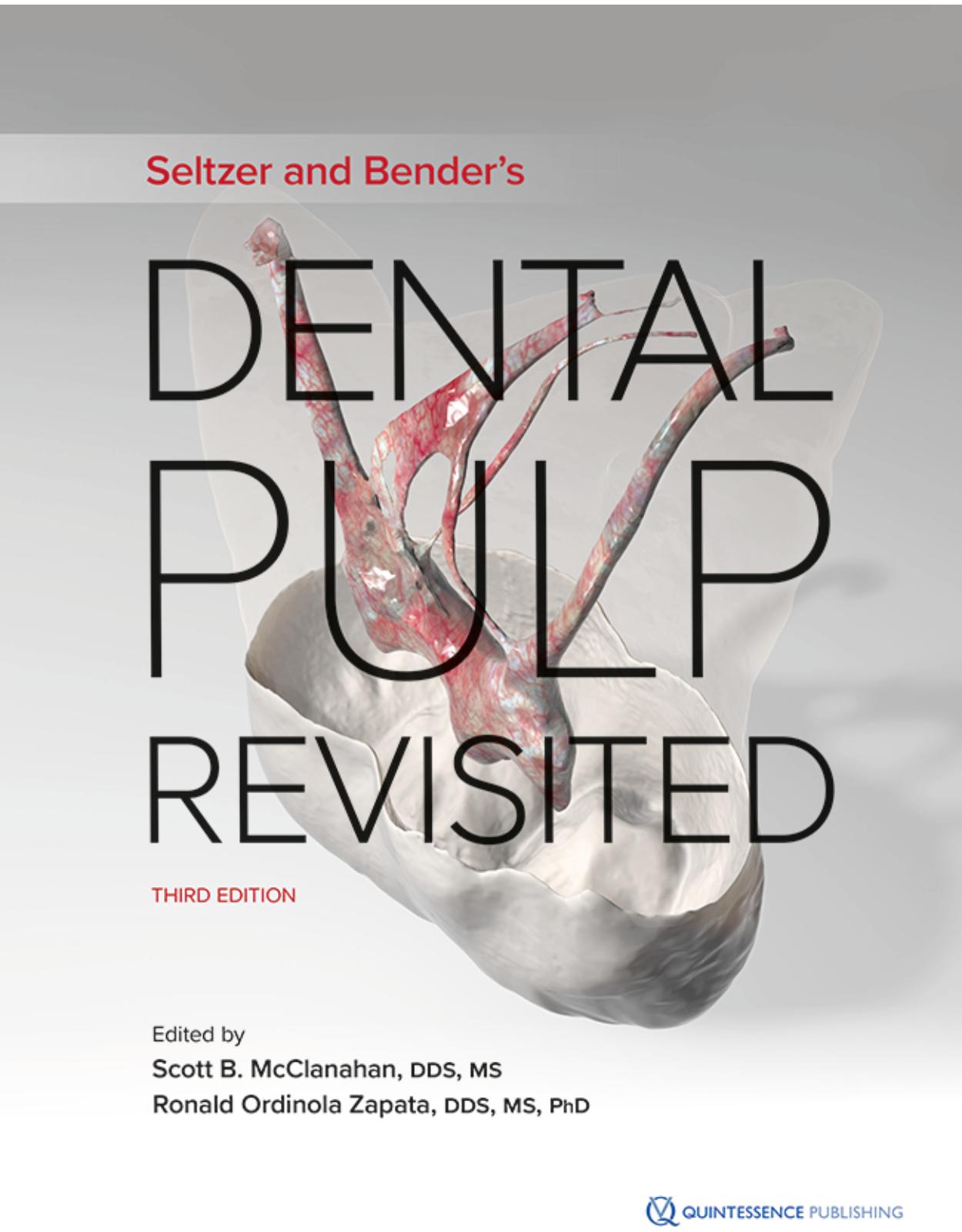
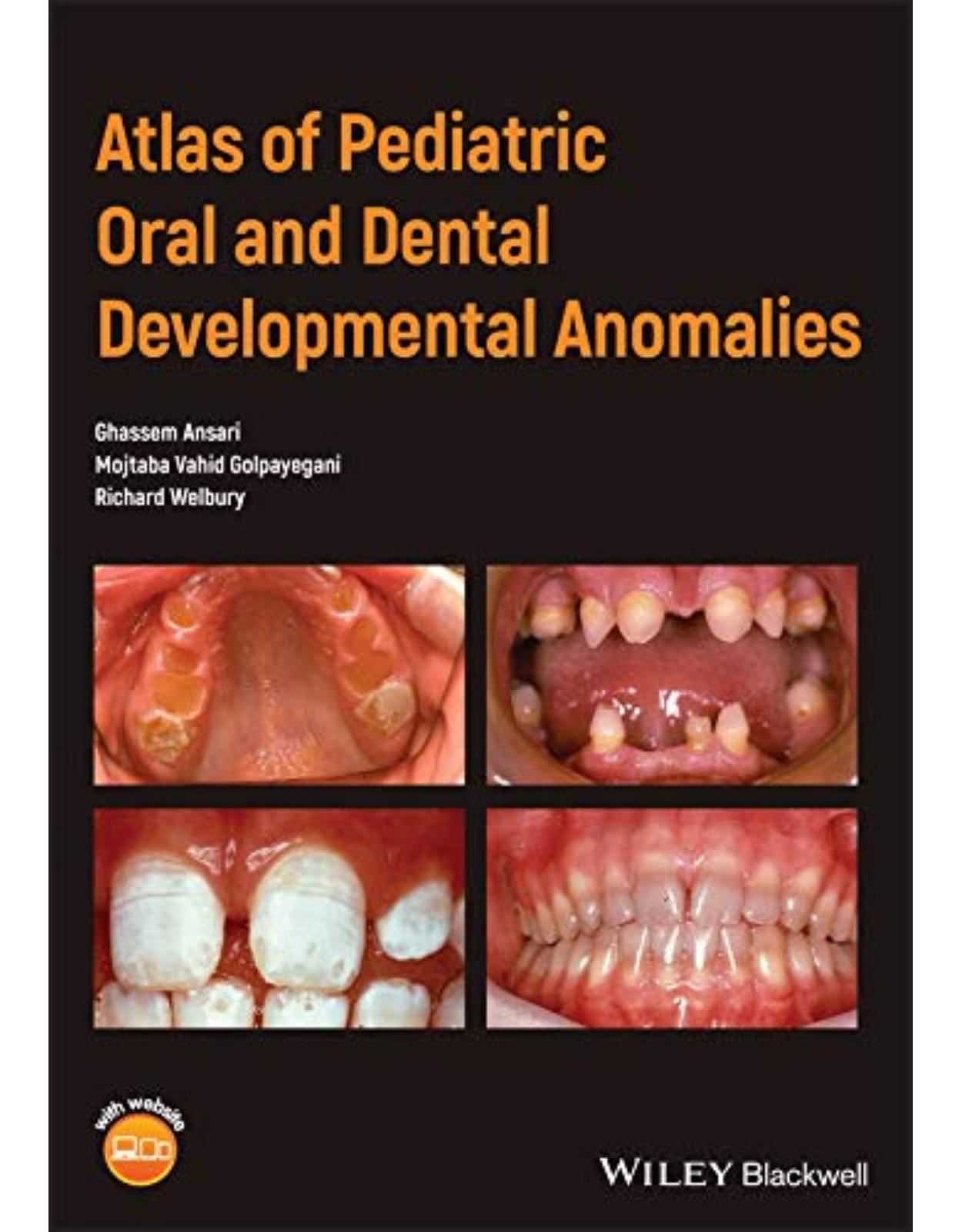
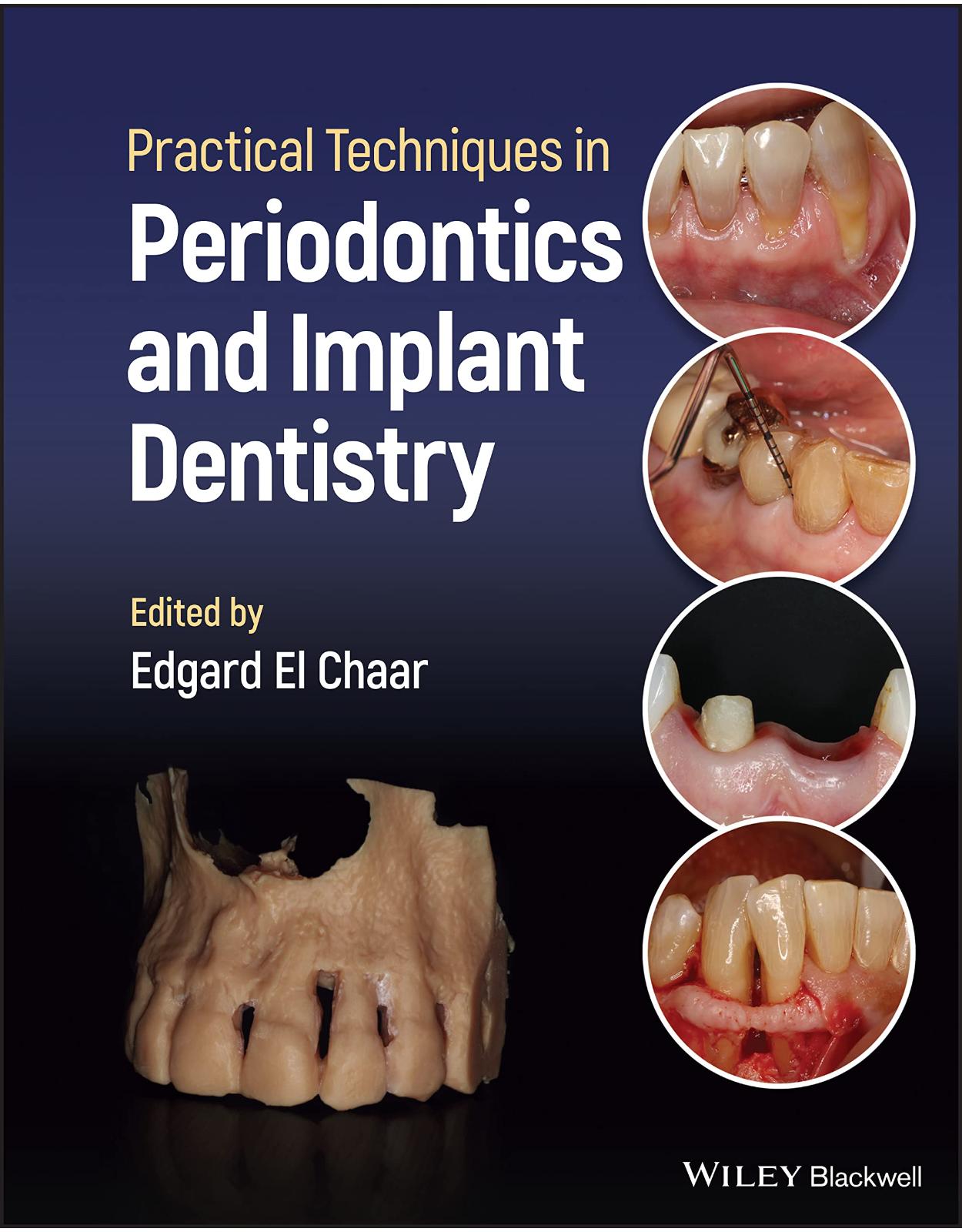
Clientii ebookshop.ro nu au adaugat inca opinii pentru acest produs. Fii primul care adauga o parere, folosind formularul de mai jos.